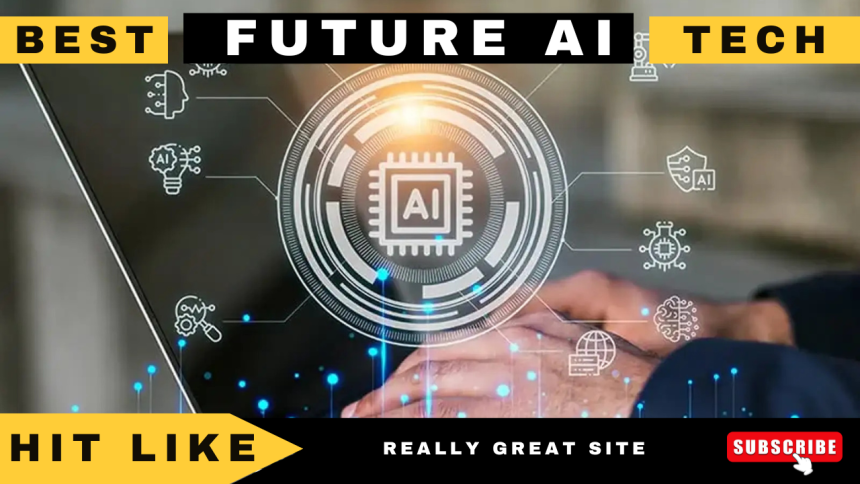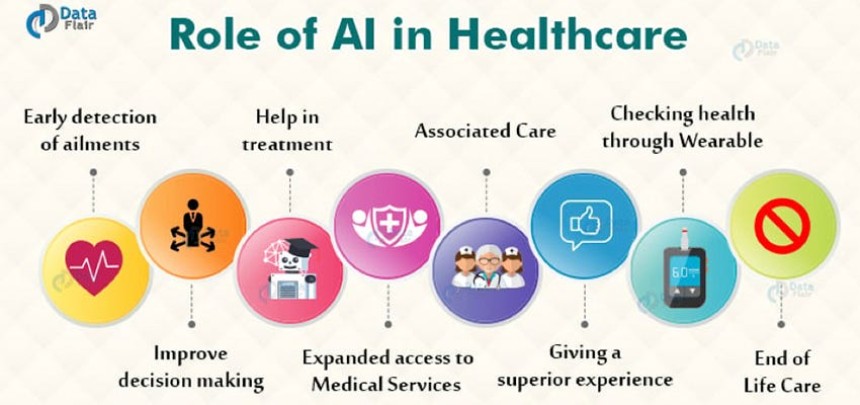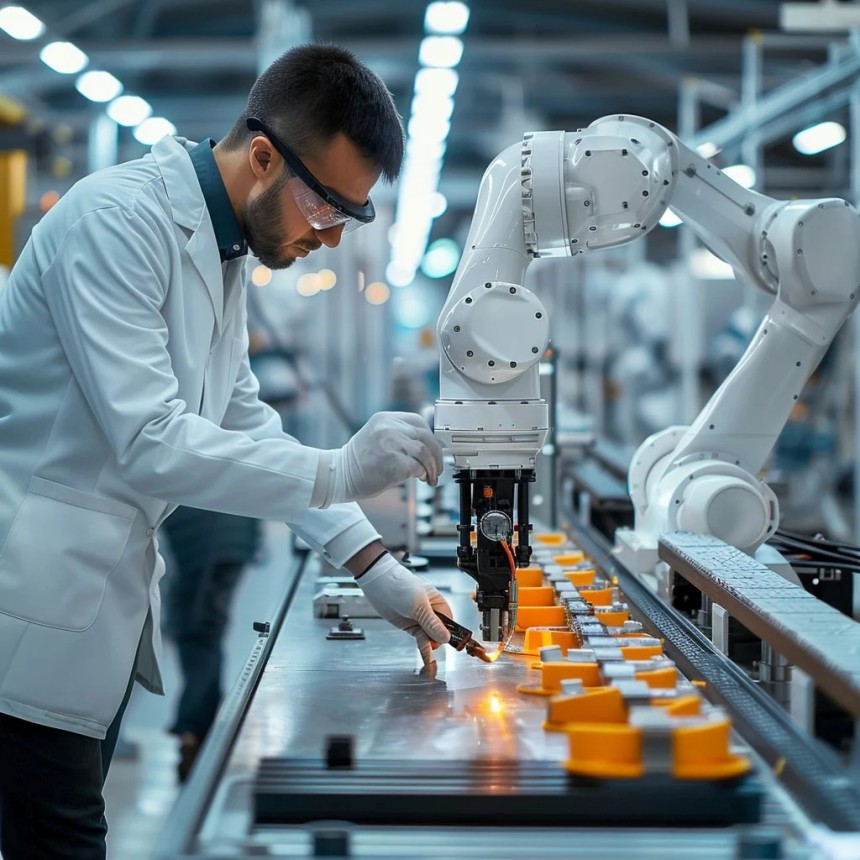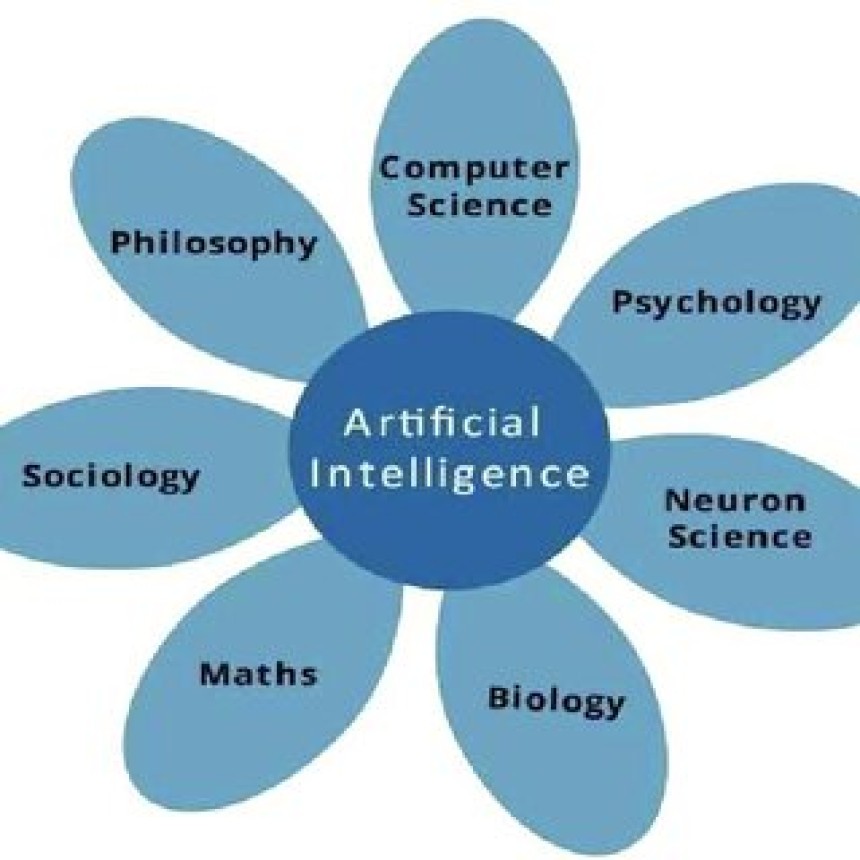
Hey Its Vi... @heyitsvimal 5 months ago nice

Currently, most AI applications are examples of narrow AI—machines that are designed to perform specific tasks. This includes everything from machine learning algorithms used in spam filters to recommendation engines like those used by Netflix and Amazon. While narrow AI is incredibly powerful and effective at solving particular problems, it is still quite limited in its capabilities. However, by 2025, we expect significant strides toward Artificial General Intelligence (AGI)—AI that can perform any intellectual task that a human being can. AGI would be able to reason, learn from experience, and adapt to new situations across a wide variety of domains. It’s a leap that could revolutionize the way we think about machines and intelligence. Some AI researchers predict that AGI might emerge in the next decade, but by 2025, we could see the first meaningful steps toward achieving it. Technologies like deep learning and neural networks are already becoming more sophisticated, and the ongoing improvements in computational power (such as quantum computing) may provide the necessary foundation for AGI's eventual development. Key Implications: AI could begin performing more complex tasks like creative thinking and problem-solving across diverse fields, including medicine, engineering, and law. We may witness a blurring of the lines between human and machine intelligence, as AI takes on roles previously considered uniquely human.

One of the most exciting frontiers for AI is in healthcare. By 2025, AI-powered tools could become the cornerstone of personalized medicine, transforming both diagnosis and treatment.
With advancements in genomics and AI-driven data analytics, we can expect the era of precision medicine to take off. AI systems will be able to analyze vast amounts of data, including genetic information, medical records, and lifestyle factors, to provide tailored treatment plans for patients. This could lead to more effective treatments, fewer side effects, and faster recoveries.
AI algorithms are already capable of detecting early signs of diseases such as cancer, Alzheimer's, and heart disease with remarkable accuracy. By 2025, these diagnostic tools will become even more sophisticated, reducing human error and speeding up the process. Imagine a future where doctors have AI assistants capable of analyzing X-rays, MRIs, and other medical scans in real time, providing recommendations based on a vast database of medical knowledge.
Robotics combined with AI will likely play a bigger role in surgery by 2025. Robotic systems already exist that can assist in performing minimally invasive surgeries with greater precision and smaller incisions. With AI, these systems will continue to evolve, offering real-time feedback, predictive capabilities, and even performing certain types of surgeries autonomously. Key Implications: More accurate diagnoses and tailored treatment plans could significantly reduce human error and enhance patient outcomes. Patients will likely experience faster, less invasive procedures, leading to shorter hospital stays and quicker recoveries.

Self-driving cars have been a topic of fascination for many years, and by 2025, the technology could be far closer to becoming mainstream. Companies like Tesla, Waymo, and Cruise are pushing the boundaries of autonomous driving, and we could see fully autonomous vehicles on the roads within the next few years.
AI’s ability to analyze real-time data from cameras, sensors, and radar allows autonomous vehicles to make decisions with incredible accuracy. This will not only make driving safer but could also reduce traffic congestion by optimizing routes and traffic flow.
The biggest challenges for the widespread adoption of autonomous vehicles will be the creation of regulatory frameworks and the adaptation of infrastructure. Expect significant investments in smart cities, where AI-powered systems will manage everything from traffic lights to pedestrian movement. Key Implications: * Fewer traffic accidents as human error is minimized. * Environmental benefits as electric autonomous vehicles become the norm, reducing carbon emissions and energy consumption.

AI is not just a tool for replacing human labor—it’s increasingly being used to augment human capabilities. By 2025, AI will become a key partner for workers across industries, enhancing productivity and decision-making.
Many tasks that are repetitive or time-consuming will be automated by AI systems. From scheduling meetings to processing invoices, AI will handle these mundane tasks, allowing employees to focus on more strategic and creative aspects of their jobs.
Rather than replacing workers, AI will assist them. For example, AI tools can assist in data analysis, helping professionals make better decisions by spotting patterns and trends that might otherwise go unnoticed. In the creative industries, AI might help generate ideas, designs, or even write content
The demand for new skills in the workforce will continue to grow, but AI itself could play a role in helping workers acquire these skills. By offering personalized training and learning experiences, AI could help individuals stay ahead of the curve in an increasingly tech-driven world. Key Implications: * Increased productivity as AI handles routine work, freeing up human talent for more complex tasks. * New job roles and industries will emerge, requiring skills in AI management, programming, and data analytics.

While AI promises many benefits, there are also important ethical and social considerations that need to be addressed before it can reach its full potential.
One of the biggest challenges with AI is ensuring that algorithms are free from bias. AI systems are trained on data, and if that data is biased (intentionally or unintentionally), it can lead to biased decisions. As AI becomes more embedded in sectors like hiring, law enforcement, and finance, it’s crucial to ensure that these systems are fair and transparent.
As AI automates more tasks, there’s a legitimate concern about job displacement, especially in industries like manufacturing, retail, and transportation. Governments and organizations will need to invest in retraining programs and create a social safety net for those affected by automation.
AI’s ability to collect and analyze vast amounts of personal data raises concerns about privacy. As AI systems become more powerful, ensuring that individuals’ data is kept secure and private will be a priority. Strict data protection laws and transparency about how data is used will be key. Key Implications: * There will be an ongoing debate about AI regulation, especially in areas of bias, privacy, and job displacement. * Ethical AI frameworks will be developed to ensure AI benefits all members of society equally.
The future of AI is incredibly exciting, with the potential to revolutionize every facet of our lives. From healthcare to transportation, the workplace to personal devices, AI’s transformative power will continue to unfold in the coming years. As we approach 2025, expect AI to become more integrated, more intelligent, and more capable of tackling the world’s most pressing problems. However, with these advancements come important challenges, particularly around ethics, bias, and the impact on jobs. The key to ensuring that AI benefits everyone lies in thoughtful regulation, transparency, and ongoing education. As we stand on the precipice of this new era, one thing is clear: the future of AI is not just about what machines can do—it’s about how we, as humans, choose to collaborate with them to create a better world.